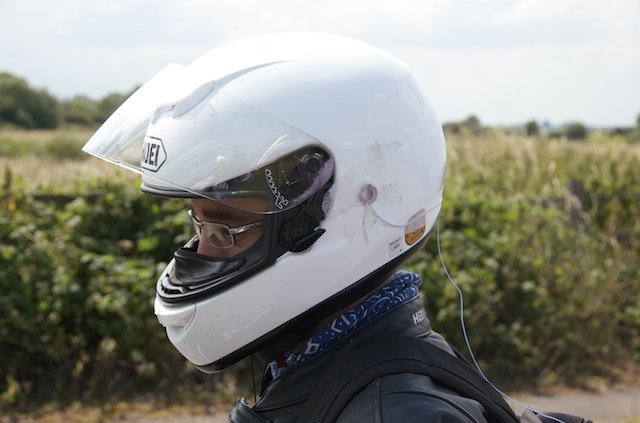
We have a new study out!
The short version is this: "Car Brain" - the cultural blind spot that makes people apply double standards when they think about driving - is real, measurable and pervasive.
Read on for more details... 1/14 @SwanseaUni @UWEBristol @EdNapierTRI
The short version is this: "Car Brain" - the cultural blind spot that makes people apply double standards when they think about driving - is real, measurable and pervasive.
Read on for more details... 1/14 @SwanseaUni @UWEBristol @EdNapierTRI

This work was carried out with top-class humans @AlanTapp and @Adrian4Davis. We did something deliberately very simple: we had an independent polling agency contact a representative sample of 2157 people across the UK and ask them five questions 2/14
Randomly, people either got questions about driving or they got the same set of questions with a couple of words changed so that they asked exactly the same things, but not about driving 3/14
For example, half were asked if they agreed:
"People shouldn't drive in highly populated areas where other people have to breathe the car fumes"
and half got:
"People shouldn't smoke in highly populated areas where other people have to breathe the cigarette fumes"
4/14
"People shouldn't drive in highly populated areas where other people have to breathe the car fumes"
and half got:
"People shouldn't smoke in highly populated areas where other people have to breathe the cigarette fumes"
4/14
(We originally considered specific v general questions, e.g.,
"People driving cars in public places should be liable for any harm..."
"People operating machinery in public places should be liable..."
but decided that changing the context was neater and less subjective) 5/14
"People driving cars in public places should be liable for any harm..."
"People operating machinery in public places should be liable..."
but decided that changing the context was neater and less subjective) 5/14
Here's the full set of answers. As you can see, responses could change dramatically when driving was mentioned. All except Question 2 were hugely statistically different.
This doesn't make sense! The principle is the same in both forms of each question; only context changes 6/14
This doesn't make sense! The principle is the same in both forms of each question; only context changes 6/14

What we demonstrated is an example of the "Special Pleading Fallacy" en.m.wikipedia.org/wiki/Special_p… where certain specific cases get a free ride in thought and discourse. People selectively fail to apply the moral and ethical standards they would use in other contexts 7/14
Is this self-interest? Cognitive dissonance? Most people drive, so it might make sense they'd make excuses.
But no. We separated out the subset of people who didn't themselves drive and they basically responded the same as the drivers, also making special pleading for cars 8/
But no. We separated out the subset of people who didn't themselves drive and they basically responded the same as the drivers, also making special pleading for cars 8/
This all required a deeper explanation. We interpreted the findings within a socio-ecological framework: each of us is surrounded by a series of social, physical and cultural environments that shape how we think and act. And how do these look when it comes to motoring...? 9/14 

We routinely see people driving short distances, speeding, parking badly, all while given priority over pedestrians; free parking; urban and residential streets designed for fast driving; subsidies; lax enforcement of traffic laws; clearly deadly vehicles made legal... 10/14
Growing up surrounded by that environment, people internalise the idea that fast, untrammelled, near-consequence-free motoring is normal and, moreover, people conclude that *this must surely be the proper way of things*. In our paper we call this mindset "Motonormativity" 11/14
We chose this term to draw parallels with other areas such as heteronormativity, where similarly a certain perspective unthinkingly gets accepted as both normal and proper, with other groups obliged to accommodate this simplypsychology.org/what-is-hetero… 12/14
We suggest this mindset isn't just present in the public, it's also endemic in policymakers and people who look after public health. This explains a lot of planning and policy decisions: they make sense if you assume everyone drives and that this can't, or shouldn't, change 13/14
We end with a call for policymakers to recognise their unconscious and institutional biases and to implement mechanisms to overcome them in planning and health decisions.
You can read the full paper here for free psyarxiv.com/egnmj
Thanks for reading! 14/14
You can read the full paper here for free psyarxiv.com/egnmj
Thanks for reading! 14/14
• • •
Missing some Tweet in this thread? You can try to
force a refresh






